Using capturing groups, you can simply design an expression to capture anything that you wish from your input. For example this expression,
(\d{4}-\d{2}-\d{2})[A-Z]+(\d{2}:\d{2}:\d{2}).([0-9+-:]+)
divides your input into three capturing groups and you can simply call them using $1-$3.
You can also add any char that you may want to in [].

RegEx Descriptive Graph
This graph shows how the expression would work and you can visualize other expressions in this link:

Java Test
import java.util.regex.Matcher;
import java.util.regex.Pattern;
final String regex = "(\\d{4}-\\d{2}-\\d{2})[A-Z]+(\\d{2}:\\d{2}:\\d{2}).([0-9+-:]+)";
final String string = "2013-08-11T17:22:04.51+01:00";
final String subst = "\\1 \\2 \\3";
final Pattern pattern = Pattern.compile(regex, Pattern.MULTILINE);
final Matcher matcher = pattern.matcher(string);
// The substituted value will be contained in the result variable
final String result = matcher.replaceAll(subst);
System.out.println("Substitution result: " + result);
JavaScript Demo
const regex = /(\d{4}-\d{2}-\d{2})[A-Z]+(\d{2}:\d{2}:\d{2}).([0-9+-:]+)/gm;
const str = `2013-08-11T17:22:04.51+01:00`;
const subst = `\nGroup 1: $1\nGroup 2: $2\nGroup 3: $3\n`;
// The substituted value will be contained in the result variable
const result = str.replace(regex, subst);
console.log('Substitution result: ', result);
Basic Performance Test
This JavaScript snippet shows the expression performance using a simple 1-million times for loop.
const repeat = 1000000;
const start = Date.now();
for (var i = repeat; i >= 0; i--) {
const string = '2013-08-11T17:22:04.51+01:00';
const regex = /(\d{4}-\d{2}-\d{2})[A-Z]+(\d{2}:\d{2}:\d{2}).([0-9+-:]+)/gm;
var match = string.replace(regex, "\nGroup #1: $1 \n Group #2: $2 \n Group #3: $3 \n");
}
const end = Date.now() - start;
console.log("YAAAY! \"" + match + "\" is a match ");
console.log(end / 1000 + " is the runtime of " + repeat + " times benchmark test. ");

